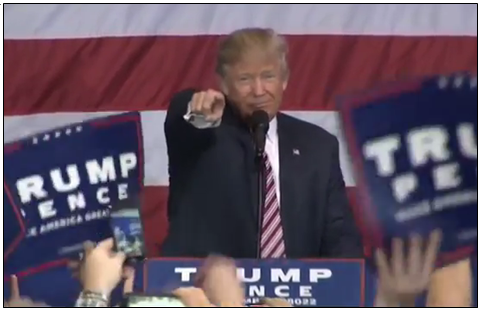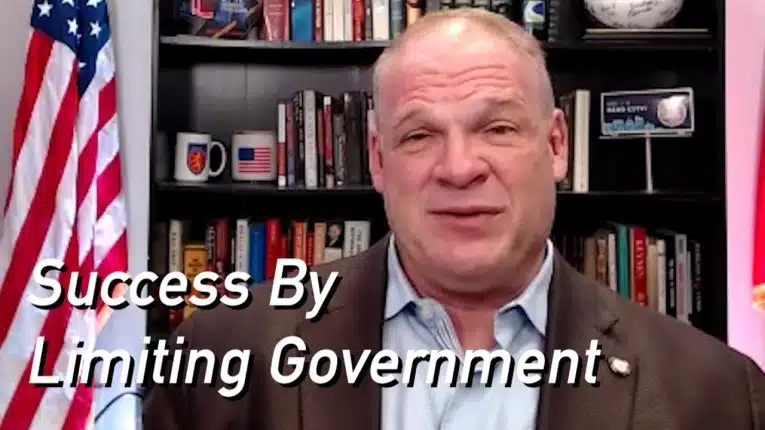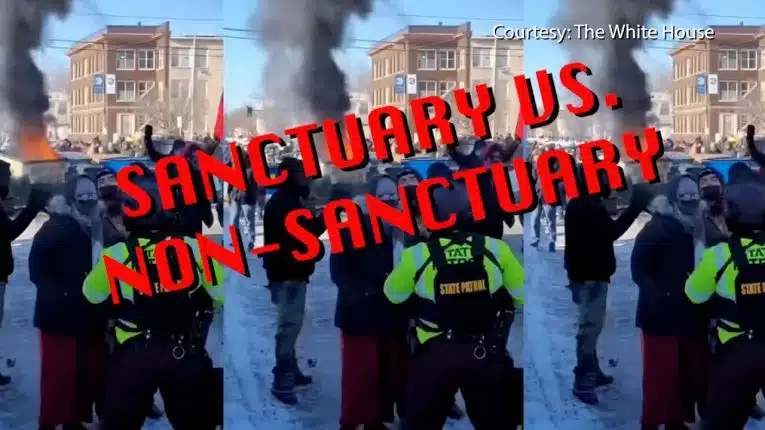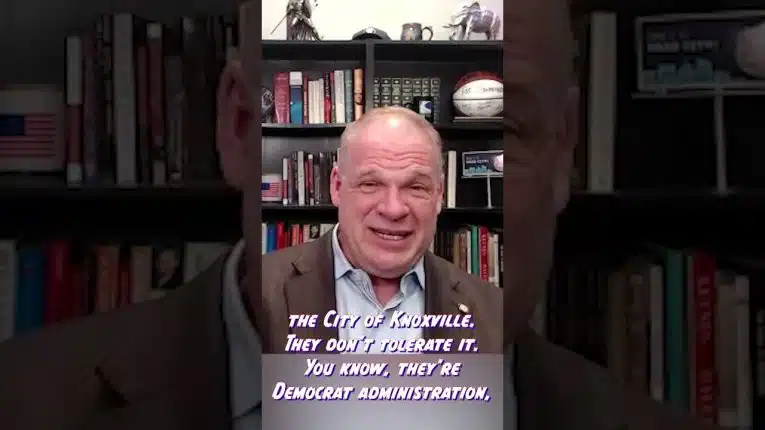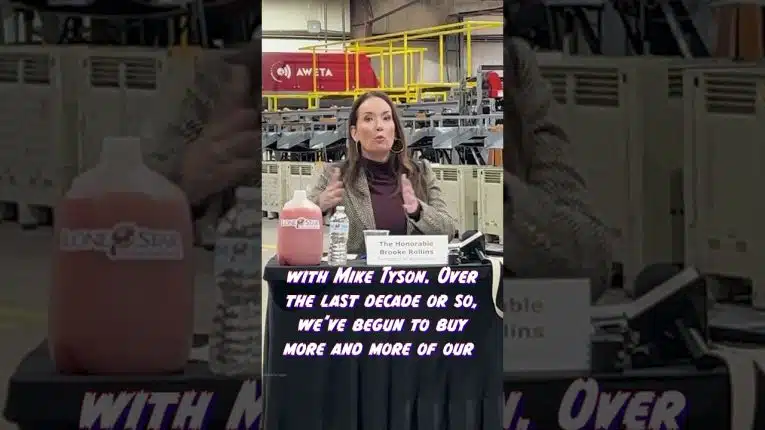“THE SILENT MAJORITY IS STRONGER THAN EVER!!!”
That was President Donald Trump’s analysis on Twitter of the current political climate in the U.S., likening it to the late 1960s and early 1970s — with radical antiwar and race riots — that helped propel Richard Nixon into the White House in 1968 and later helped engineer his 49-state sweep in his 1972 reelection bid.
Today, the issues are surely different. In the wake of the murder and manslaughter of George Floyd by former Minneapolis police officer Derek Chauvin, radical protests and sometime riots have urged defunding or even abolishing the police. The democratic republic of Capitol Hill Autonomous Zone (CHAZ) has sprung up in downtown Seattle.
Here, Trump is betting politically that most Americans realize that one bad cop does not eliminate the necessity for police, courts and criminal justice in order to maintain civil order and the civil society. Moreover, Trump believes most Americans have no desire to cave into mob rule as the alternative.
Sure enough, public opinion is decidedly against the idea of disbanding police departments nationwide, across all demographics and political party lines.
In the latest ABC News/Ipsos poll, a solid 64 percent of Americans reject the idea of defunding the police, including 91 percent of Republicans, 45 percent of Democrats, 43 percent of blacks, 58 percent of Hispanics and 74 percent of whites.
Seeing specifically Democrats so divided on the issue must be terrible news for former Vice President Joe Biden, who has to choose between rejecting a majority of his own base who want to get rid of the police or losing almost half of his supporters who oppose doing so.
Almost 50 years ago, in Nixon’s first term, the nation was facing a different sort of choice.
While Nixon was utilizing diplomacy and ending the conflict in Vietnam on U.S. terms — he would later call it “peace with honor” — radical activists were demanding he engage in unilateral surrender and simply withdraw troops, abandoning the people of South Vietnam, and often engaging in political violence in advocating that end.
In Nov. 1969, Nixon first used the “silent majority” phrase in a speech outlining his plan to end the war in Vietnam War: “Let historians not record that when America was the most powerful nation in the world we passed on the other side of the road and allowed the last hopes for peace and freedom of millions of people to be suffocated by the forces of totalitarianism. And so tonight — to you, the great silent majority of my fellow Americans — I ask for your support. I pledged in my campaign for the Presidency to end the war in a way that we could win the peace. I have initiated a plan of action which will enable me to keep that pledge.”
Again, it’s a different sort of choice, but it is in a similar vein. Americans wanted to get out of Vietnam across the board — Nixon ran on the idea — but he had a vision about the right way to do it.
Three years later, in 1972, the silent majority would finally make their voices heard at the polls, garnering over 60 percent of the vote and winning every state against George McGovern except Massachusetts and the District of Columbia.
And while it is hard to predict such an outcome in 2020 — the U.S. differs drastically both demographically and politically from 1972 — there are elements of human nature and common sense that are time tested. Most Americans realize that without the rule of law, courts and due process, there can be no fairness.
We all want to hold bad police officers to account, and to see reforms including eliminating collective bargaining agreements that prevent officers who commit crimes from being arrested for days, but there is a right way to do that, too.
The civil society can hold bad actors like Chauvin who take life to account, and ensure that justice is upheld. The mob, on the other hand, can only destroy the civil society — and then there will be no justice for all. It’s an easy issue to frame. If you want justice, you need laws and somebody to enforce them. On the issue of law and order, that gives Trump has a decided advantage over Biden.
Robert Romano is the Vice President of Public Policy at Americans for Limited Government.


